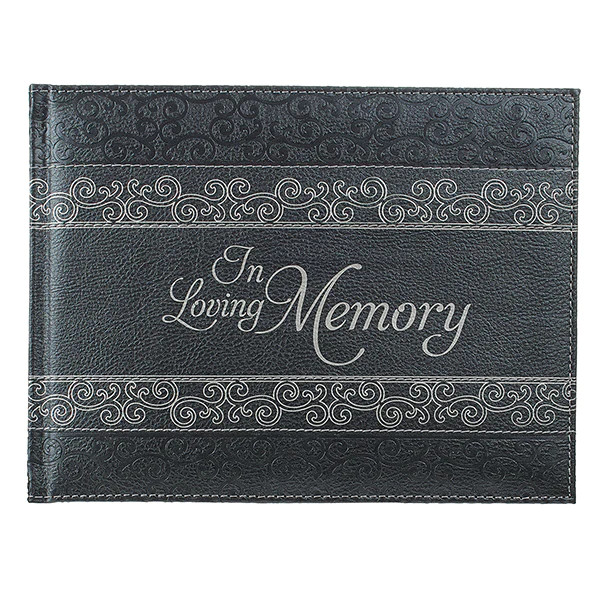
There are a bunch of different documents and records that the genealogist and family historian can utilize to find out more about one’s ancestors, no matter whether they be related to life event dates or locations or include other information. I have found that funeral and memorial books hold a ton of interesting information, much more so than one might initially consider. Some memorial books are quite ornate and leather-bound, but many are quite simple and have less than a dozen pages (at least the ones from the mid to late 20th century for my family).
Here is a list of the types of information that are almost always included in these pamphlets and books:
- Name of the Deceased – Often the complete name including the middle name is provided. For women, sometimes the maiden name and married name are written, but sometimes just the married surname.
- Birth Date
- Birth Location
- Death Date
- Death Location
- Age – is often expressed in years, months, and days.
- Parents Names
- Grandparents Names
- Members of the Deceased’s Family – usually very helpful information, especially if there is no obituary.
- Obituary – I have one memorial for my great-grandmother that has her obituary pasted in the memorial book.
- Location of Services
- Officiating Clergy
- Place of Interment
- Date of Interment
- Friends and Flowers – this is the “holy grail” for information in these books. If you are familiar with collateral research, especially Elizabeth Shown Mills’ FANs (Friends, Associates, and Neighbors) – you know how useful this research can be. Also, you know that having these people’s names listed as attendees at a funeral service mean that somehow they knew the deceased. Maybe they were a co-worker, a neighbor, or a relative or friend of one of the deceased’s children. That information is certainly useful when trying to find a census record when the deceased’s last name has been butchered by the census taker or the indexer. Maybe for land plats, they were their neighbors as well. Maybe by researching a co-worker, you can discover their occupation. And lots of other “side-door” research and analysis of these names may bear fruit on the actual person that you are researching.
Beyond all of this information – possibly their favorite hymns were sung. Also, one or two of their favorite poems were included in the book. All of this adds richness to our understanding of the life of the deceased – not just the dates and typical family tree information.
So, make sure that you save the books for your own relatives, and when interviewing older relatives, ensure that you ask if they have saved any of these priceless books for their own ancestors.